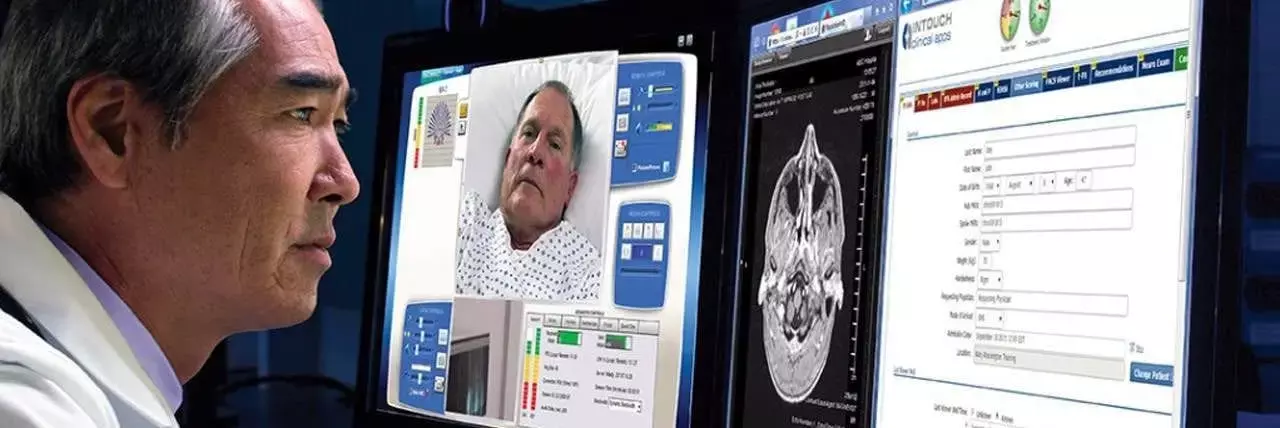- Home
- Medical news & Guidelines
- Anesthesiology
- Cardiology and CTVS
- Critical Care
- Dentistry
- Dermatology
- Diabetes and Endocrinology
- ENT
- Gastroenterology
- Medicine
- Nephrology
- Neurology
- Obstretics-Gynaecology
- Oncology
- Ophthalmology
- Orthopaedics
- Pediatrics-Neonatology
- Psychiatry
- Pulmonology
- Radiology
- Surgery
- Urology
- Laboratory Medicine
- Diet
- Nursing
- Paramedical
- Physiotherapy
- Health news
- Fact Check
- Bone Health Fact Check
- Brain Health Fact Check
- Cancer Related Fact Check
- Child Care Fact Check
- Dental and oral health fact check
- Diabetes and metabolic health fact check
- Diet and Nutrition Fact Check
- Eye and ENT Care Fact Check
- Fitness fact check
- Gut health fact check
- Heart health fact check
- Kidney health fact check
- Medical education fact check
- Men's health fact check
- Respiratory fact check
- Skin and hair care fact check
- Vaccine and Immunization fact check
- Women's health fact check
- AYUSH
- State News
- Andaman and Nicobar Islands
- Andhra Pradesh
- Arunachal Pradesh
- Assam
- Bihar
- Chandigarh
- Chattisgarh
- Dadra and Nagar Haveli
- Daman and Diu
- Delhi
- Goa
- Gujarat
- Haryana
- Himachal Pradesh
- Jammu & Kashmir
- Jharkhand
- Karnataka
- Kerala
- Ladakh
- Lakshadweep
- Madhya Pradesh
- Maharashtra
- Manipur
- Meghalaya
- Mizoram
- Nagaland
- Odisha
- Puducherry
- Punjab
- Rajasthan
- Sikkim
- Tamil Nadu
- Telangana
- Tripura
- Uttar Pradesh
- Uttrakhand
- West Bengal
- Medical Education
- Industry
Direct transfer of acute stroke patients for angiography improves overall outcomes: JAMA

Spain: Direct transfer to angiography suite (DTAS) for patients with suspected large vessel occlusion (LVO) stroke has been reported as an effective and safe method of reducing endovascular treatment process time (EVT). It is uncertain, however, if DTAS improves long-term functional results.
A recent randomized clinical research discovered that, as compared to traditional workflow, the use of DTAS increased the chances of patients undergoing EVT, lowered hospital workflow time, and improved clinical outcomes in patients with LVO admitted within 6 hours of symptom start.
The following study was conducted by Manuel Requena and the team with the objective to investigate the effect of DTAS on clinical outcomes in individuals with LVO stroke. The findings of this study were published in the JAMA Neurology on 2nd August 2021.
The study was an investigator-initiated, single-center, randomized clinical trial with evaluator blinding. A total of 466 consecutive individuals with acute stroke were screened, with 174 having suspected LVO acute stroke within 6 hours of symptom onset. Enrollment ran from September 2018 until November 2020, when it was halted following a preplanned interim analysis. The last follow-up was scheduled for February 2021. To assess the indication of EVT, patients were randomly assigned (1:1) to either DTAS (89 patients) or traditional workflow (85 patients got a straight transfer to computed tomographic imaging, with typical imaging done and EVT indication chosen).
Big vascular occlusion was verified in 147 of the 174 participants in this randomized clinical study with suspected large vessel occlusion stroke on arrival. The adoption of a DTAS protocol lowered in-hospital workflow times, increased the rate of endovascular therapy, and reduced disability severity across a range of modified Rankin Scale scores.
In conclusion, for patients with acute ischemic stroke due to large vessel occlusion within 6 hours of symptom onset, compared with usual imaging, the use of DTAS led to safe patient triage for acute stroke endovascular treatment, decreased workflow times, and improved outcomes; ongoing international, multicenter clinical trials are exploring the generalizability of these results.
Reference:
Requena M, Olivé-Gadea M, Muchada M, et al. Direct to Angiography Suite Without Stopping for Computed Tomography Imaging for Patients With Acute Stroke: A Randomized Clinical Trial. JAMA Neurol. 2021;78(9):1099–1107. doi:10.1001/jamaneurol.2021.2385
Medical Dialogues consists of a team of passionate medical/scientific writers, led by doctors and healthcare researchers. Our team efforts to bring you updated and timely news about the important happenings of the medical and healthcare sector. Our editorial team can be reached at editorial@medicaldialogues.in.
Dr Kamal Kant Kohli-MBBS, DTCD- a chest specialist with more than 30 years of practice and a flair for writing clinical articles, Dr Kamal Kant Kohli joined Medical Dialogues as a Chief Editor of Medical News. Besides writing articles, as an editor, he proofreads and verifies all the medical content published on Medical Dialogues including those coming from journals, studies,medical conferences,guidelines etc. Email: drkohli@medicaldialogues.in. Contact no. 011-43720751


